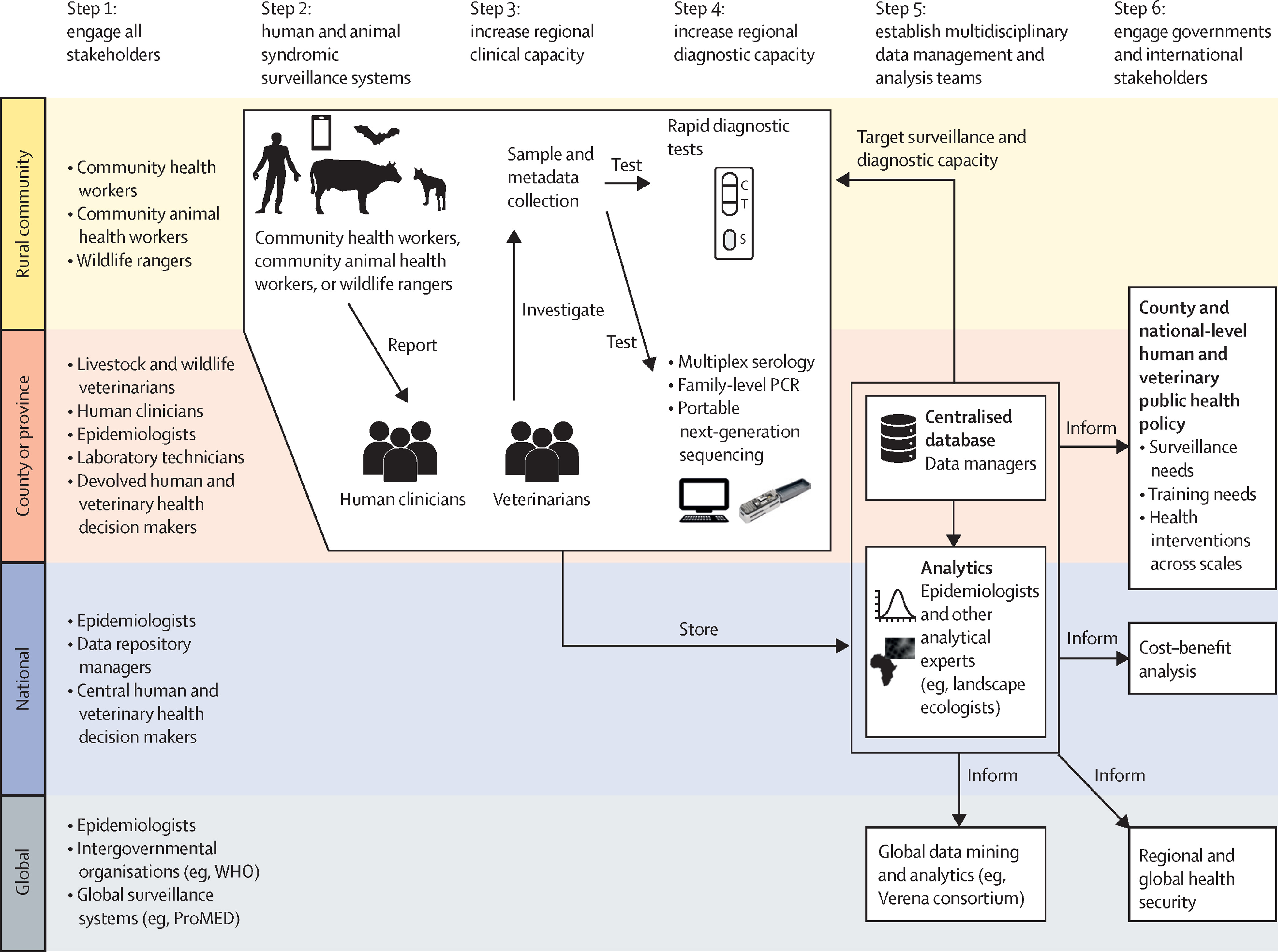An Article in support of SDGs 2 and 10, analysing global inequalities in the double burden of malnutrition and its association with economic and social globalisation, showing that the probability of the double burden of malnutrition at the household level differs across country income and household wealth.
This Special Issue highlights publicly available journal articles and book chapters focusing on various humanitarian issues related to the crisis in the Ukraine and other countries.
The aim of this study was to evaluate the effects of complete decongestive therapy (CDT) in patients with breast cancer-related lymphedema (BCRL), in regard to volume reduction, functional status and quality of life (QoL). In th context of SDG Goal 3, the study found that phase 1 CDT in a combined manner performed daily for 3 weeks, greatly reduces the volumes as well as improves the disability and QoL, especially when performed earlier.
This Viewpoint supports SDG 3 by highlighting why investing in disease surveillance in remote rural areas of LMICs will benefit global communities, and using Kenya as an example, showing how such surveillance can be strengthened and integrated into existing systems while sustaining biodiversity.
Decoupling has increasingly been recognized as a way to reconcile limitless economic growth with environmental pressures. This study assesses current and projected future decoupling factors of water withdrawals in relation to GDP.
How poor mental health in parents can contribute to child neglect..
How too much information can affect mental health by causing distress.
Food security is achieved when all people, at all times, have physical and economic access to sufficient, safe, and nutritious food to meet their dietary needs and food preferences for an active and healthy life.
Elsevier,
Indigenous People and Nature, Insights for Social, Ecological, and Technological Sustainability, 2022, Pages 3-27
This chapter provides a comprehensive strategy to assess ecological systems’ involvement in indigenous wellbeing, signifying how natural systems are intertwined with people’s communal, economic, and cultural environments, along with their skills.
Elsevier,
Indigenous People and Nature, Insights for Social, Ecological, and Technological Sustainability, 2022, Pages 171-197
Understanding livelihood vulnerability to hydrometeorological hazards is a crucial challenge for policymakers to create a clear foundation for vulnerable coastal residents. Using microlevel livelihood vulnerability research employing LVI and Socioeconomic Vulnerability Index, this chapter measures the magnitude of indigenous peoples' vulnerability to the detrimental consequences of hydrometeorological hazards on socioeconomic conditions.


